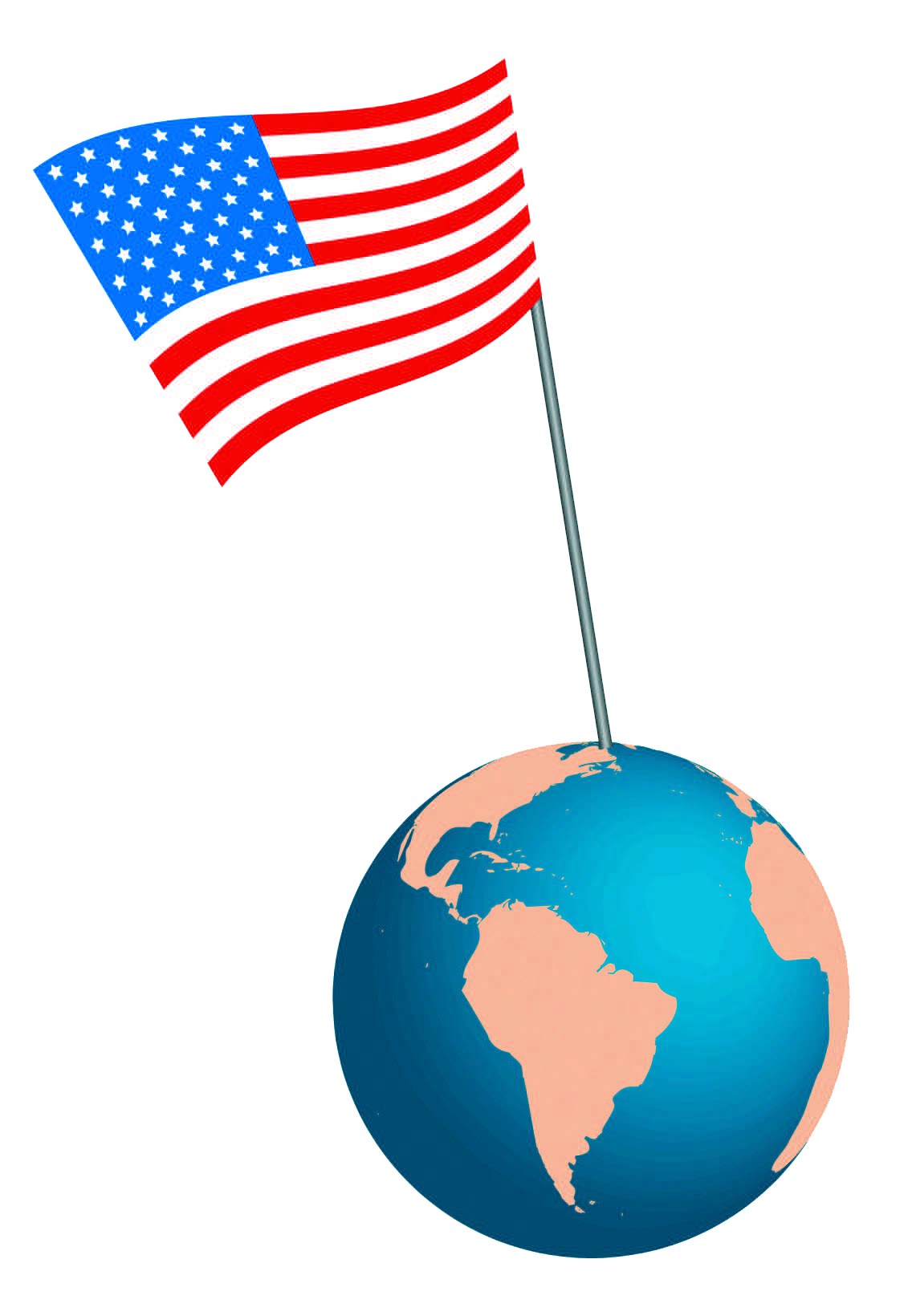
In the UK, the general public is becoming psychologically literate. By this I mean that people are generally developing the ability to apply psychological knowledge, skills and attributes in a real-world context. Psychological literacy can be seen as the realisation of George Armitage Miller’s 1969 American Psychology Association presidential address, which advocated giving psychology away to the public as a means of promoting human welfare.
But if ‘psychological literacy’ is the concept by which we are fulfilling Miller’s manifesto for psychology, then there is an urgent need for us to recognise any biases within the literature that we give away to the public. After all, psychology literacy is seen to be influential in all aspects of human life, from understanding the self, family and employability, to understanding the community and global citizenship. This article aims to raise some awareness of the biases in psychology.
Your organisation does not have access to this article.
Sign up today to give your students the edge they need to achieve their best grades with subject expertise
Subscribe




